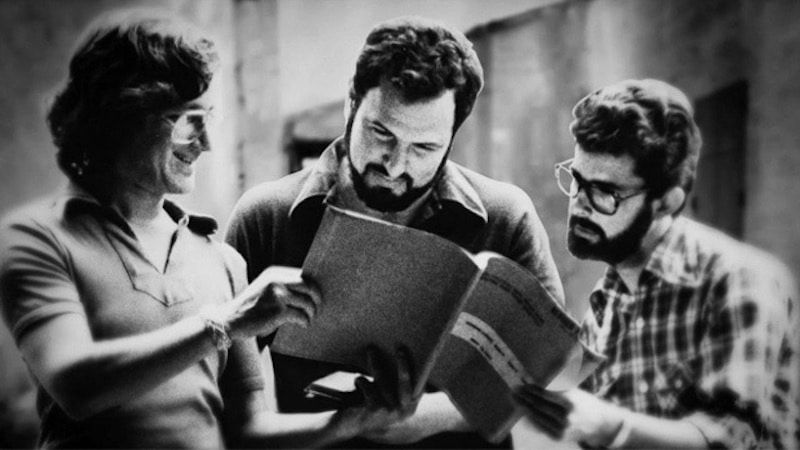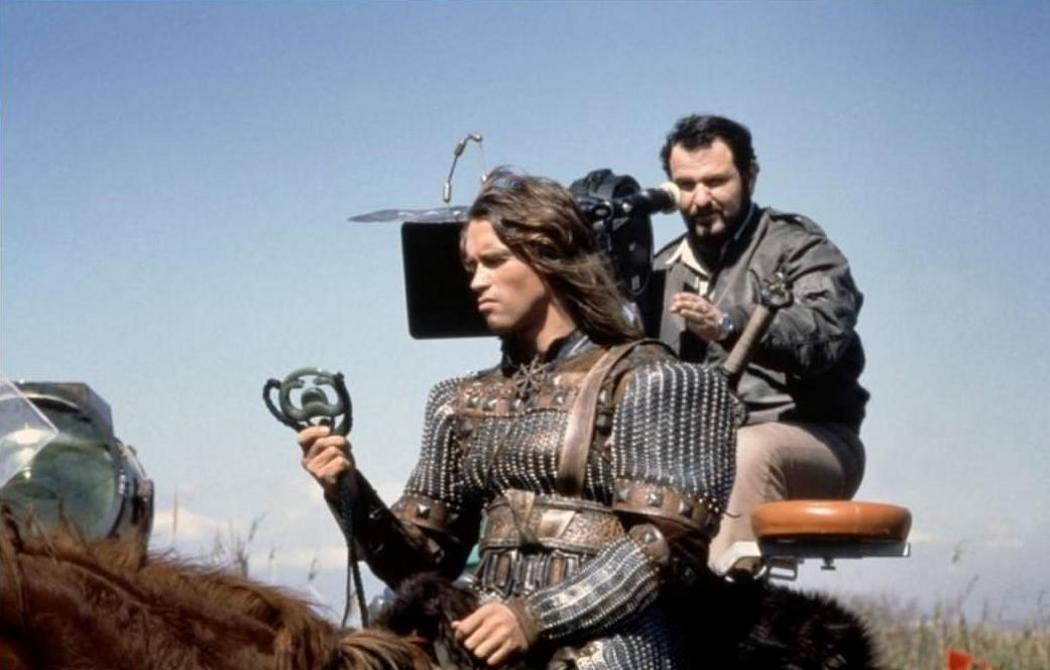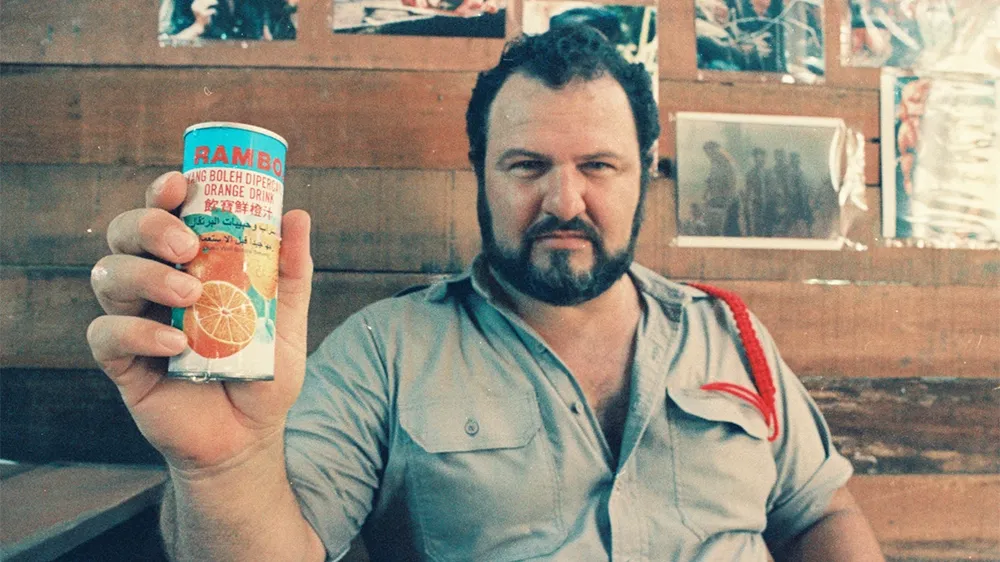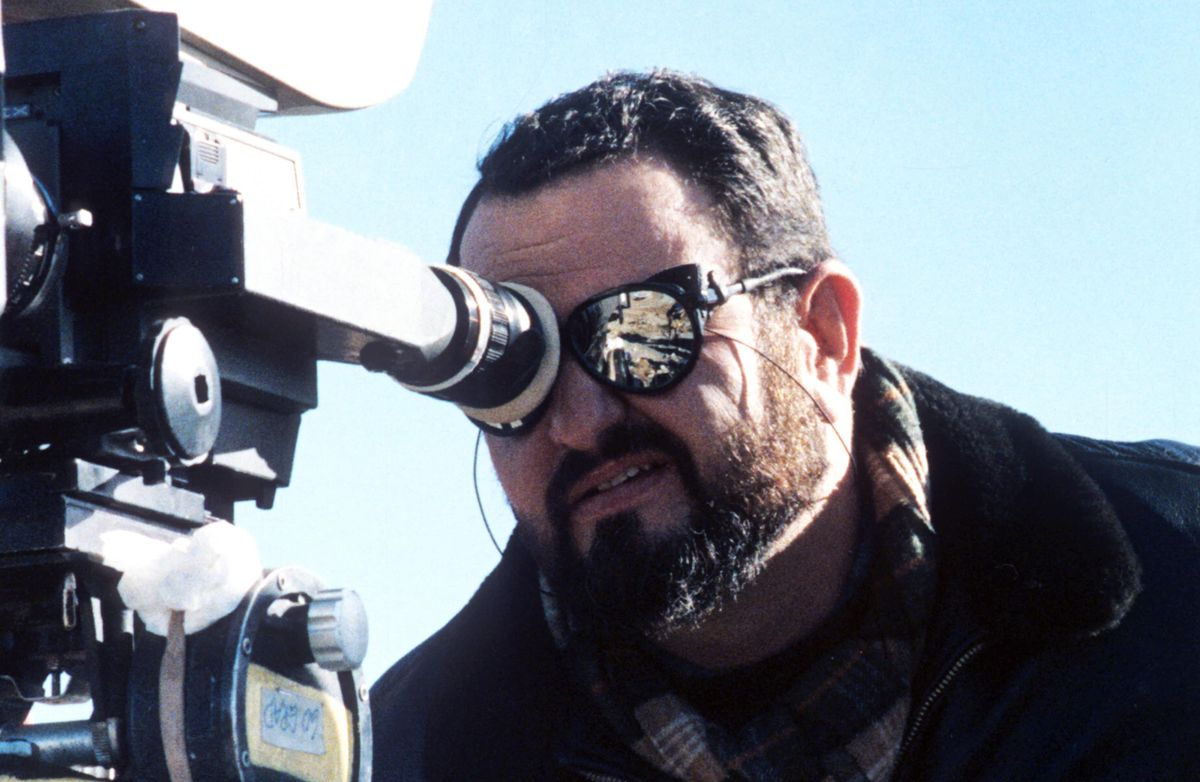John Milius is one of the most original and influential filmmakers of his generation. He has created memorable characters, stories, and dialogues that have inspired many other artists. He has also challenged the conventions and expectations of Hollywood with his uncompromising vision and rebellious spirit. He is a true legend of American cinema.
Milius was born in 1944 in St. Louis, Missouri, to a Jewish family. He moved to California when he was seven and became an avid surfer. He also developed a passion for reading and writing, especially in the genres of history, mythology, and adventure. He was influenced by writers such as Ernest Hemingway, Herman Melville, Joseph Conrad, and Jack Kerouac, as well as by the oral storytelling of surfers. He also had a fascination with Asian culture and studied judo, kendo, and painting.
Milius attended the USC School of Cinema-Television, where he won a prize for his short film Marcello, I’m Bored (1970). He then wrote scripts for several popular films, such as Dirty Harry (1971), Jeremiah Johnson (1972), and Magnum Force (1973). He also co-wrote the Oscar-nominated screenplay for Apocalypse Now (1979), one of the most acclaimed films of all time. The film was directed by his friend Francis Ford Coppola, who was part of the “New Hollywood” movement that Milius belonged to, along with George Lucas, Steven Spielberg, Martin Scorsese, and others.

Milius made his directorial debut with Dillinger (1973), a biopic of the notorious gangster. He followed it with The Wind and the Lion (1975), an epic adventure set in Morocco during the early 20th century. The film starred Sean Connery as a Berber leader who kidnaps an American woman (Candice Bergen) and her children. The film was praised for its cinematography, music, and action sequences.
Milius then directed Big Wednesday (1978), a personal film about surfing and friendship, which was initially a flop but later gained a cult following. The film starred Jan-Michael Vincent, William Katt, and Gary Busey as three surfers who grow up together in California in the 1960s and 1970s. The film was based on Milius’s own experiences as a surfer and reflected his nostalgia for the era.
Milius achieved his biggest commercial success with Conan the Barbarian (1982), a fantasy film based on the character created by Robert E. Howard. The film starred Arnold Schwarzenegger as the titular hero and launched his career as an action star. The film was also notable for its score by Basil Poledouris, its production design by Ron Cobb, and its violent and erotic scenes. Milius infused the film with his own philosophy of “Zen anarchism”, which he described as “a belief that men are born free … that life is struggle … that you should be proud to be alive.”

Milius also directed Red Dawn (1984), a controversial film about a Soviet invasion of America and a group of teenage guerrillas who resist it. The film starred Patrick Swayze, Charlie Sheen, Lea Thompson, and Jennifer Grey as the young rebels who call themselves “Wolverines”. The film was criticized for its jingoism, violence, and implausibility, but it was also popular among some audiences who saw it as a patriotic fantasy.
Milius continued to work as a writer and producer in the late 1980s and 1990s, contributing to films such as Clear and Present Danger (1994) and Geronimo: An American Legend (1993). He also directed Flight of the Intruder (1991) and Farewell to the King (1989), both war films with mixed reviews. He also created the TV series Rome (2005-2007), which was critically acclaimed for its historical accuracy and production values.
Milius suffered a stroke in 2010, which affected his speech and mobility. He has since recovered partially and has been working on various projects, such as Homefront (2011), a video game about a North Korean invasion of America, and The Lion of Jordan (2015), a biopic of King Hussein. He is also the subject of a documentary film, Milius (2013), which explores his life and career.

John Milius is one of the most original and influential filmmakers of his generation. He has created memorable characters, stories, and dialogues that have inspired many other artists. He has also challenged the conventions and expectations of Hollywood with his uncompromising vision and rebellious spirit. He is a true legend of American cinema.
Some of his best quotes are:
- “I love the smell of napalm in the morning.” (Apocalypse Now)
- “Crush your enemies, see them driven before you, and hear the lamentation of their women.” (Conan the Barbarian)
- “A man’s got to know his limitations.” (Magnum Force)
- “Wolverines!” (Red Dawn)
- “I am not a writer. I am a storyteller.” (Milius)
He influenced other filmmakers such as Quentin Tarantino, Robert Rodriguez, James Cameron, Oliver Stone, and many others. He also mentored young filmmakers such as John Singleton, Kevin Reynolds, and David O. Russell. He was a friend and collaborator of Francis Ford Coppola, George Lucas, Steven Spielberg, Martin Scorsese, and others. He was part of the “New Hollywood” movement that revolutionized American cinema in the 1970s and 1980s. He was also a pioneer of the fantasy genre and the action genre. He was a master of epic storytelling and cinematic spectacle.


